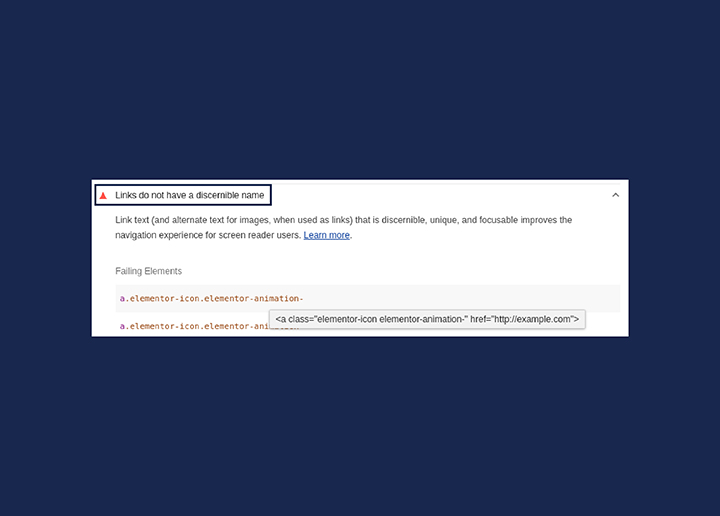Schema markup has been a part of an influential evolution while talking about SEO. Gone are the days when schema markup was just considered as structured data for a website. Today Google has hinted at it to be part of its ranking algorithm, which is why it is considered as the potential key factor for a site’s visibility. The markup tells the search engine about the content of your page which in turn can help in improving the ranking and domain authority of the website.
However, it can’t be denied that most people working for a better ranking of their website are not aware of schema and its importance. Surprisingly, only 31.3 percent of websites have used Schema markup and most of them are of basic level.
This is why we wanted to throw some light on the importance of Schema Markup to boost your SEO.
Reasons why schema markup is important –
Contents
Toggle1. Schema Markup Drives Organic Click-Through Rates
An increase in click-through rate is mostly the result of an extensive rich snippet, represented due to schema markup. Schema markup for rich snippets can provide an indirect SEO benefit because it makes your webpage easily indexable by providing targeted meta tags. Behavioral data such as click-through rate, time on site, bounce rate are key factors to judge how effective your SEO is.
2. Schema Markup Provides Extensive Rich Snippets
Schema markups make your page look more attractive, engaging, and informative in SERPs with snippets and images. Users are more likely to click such results on the search engine. Structured data markup helps in displaying the exact information that you want your user to see on the rich snippets of your web pages. Basically, it will help you boost the SEO and generate more organic traffic to the website.
3. Schema Markup Helps in Local Business
There are a variety of schema markups that you can implement on different web pages of your website. With the help of structured data, you can display details in SERPs, like logos, contact numbers, customer care, social media accounts, and blogs. It helps the search engine to understand the kind of business you are offering to differentiate your brand from others.
4. Helps in Promoting Events/Sales
Schema markups can be of great help when it comes to promoting events directly in search results. Implementing structured data for local queries like “events near me” “restaurants near me” can help your business pop up in the search results with information about the venue, timings, price range, and contact details. It would help get a better click-through rate and organic traffic to the website.
5. Schema Markup Boosts Your Website SEO
It is said that Schema Markups are not a sure-shot SEO practice but we can’t deny that it is one of the best indirect practices that help with rankings of the website. Like we’ve mentioned how a structured data markup can help enhance your rich snippets which will eventually bring organic traffic to your website. Also, schema markup helps the search engines in indexing the website and understanding the content for better ranking. Therefore, we can say that a better schema markup means better SEO.
The world of SEO and Schema Markups has many layers but it shouldn’t stop you from getting started on your website. Start with some basic structured data and then build your domain authority with much more niche schema types to get the best results.


















